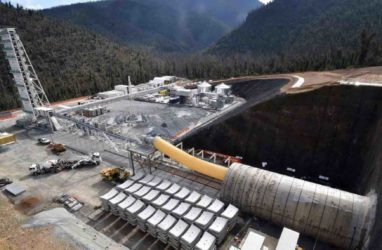The development of a high-performance supercapacitor by a research team from the Korea Institute of Science and Technology (KIST) and Seoul National University marks a significant advancement in energy storage technology. Traditional energy storage solutions often grapple with limitations such as energy density and charge-discharge cycles, which hinder their efficiency and applicability in modern energy systems. This new supercapacitor aims to address these challenges by enhancing performance metrics, thereby positioning itself as a viable alternative to conventional batteries and capacitors. The implications of this innovation extend beyond mere efficiency; they touch on the broader landscape of renewable energy integration and the quest for sustainable energy solutions.
The key takeaway from this breakthrough is the potential for the new supercapacitor to redefine energy storage applications across various sectors. By overcoming previous limitations, this technology not only promises improved energy density and longevity but also aligns with the increasing demand for rapid charging capabilities in electric vehicles and grid storage systems. The insights gained from this research could catalyze further innovations in energy storage, ultimately contributing to a more resilient and sustainable energy infrastructure. As industries pivot towards greener technologies, the implications of KIST's advancements could resonate widely, influencing future research directions and commercial applications.






